If we want to save the world, we must change the way we teach
The world is in turmoil, we have lost faith in our leaders, we are wandering aimlessly between the lines of truth and lies,and why? Because in our generation we went to schools that taught us what to think, not how to think. School taught us to follow the law, listen to teacher, sit quietly, be obedient, and never question the teacher.
These ‘lessons’ only allowed us to be as smart as that person at the front of the classroom – the teacher. They only allowed us to learn what was prepared for us. Facts are easy to obtain and it’s easy to get a Grade A by memorising them. The teacher stands at the front, tells you you’re going to learn about volcanoes, you copy a diagram from the blackboard, label it, read from a textbook, highlight keywords, and if you remember all the information in the test, then ‘Hey presto’. You get an A. But what skills will that bring to the world? What message does that send our students?
These fact-based lessons have underprepared an entiregeneration for today’s world – a world where we must question what we read, call out what we feel is wrong, and stand up for what’s right.
If we are going to save the world, we need leaders who display essential skills such as empathy, love, compassion, collaboration, communication, understanding, cooperation.With the current education systems, these crucial skills are often forgotten or undervalued as they are non-gradable, non-tangible and hard to assess.
Or are they?
There is another way of teaching. It does not involve tearing up the curriculum or rewriting the syllabus. It involves a shift in the role of the teacher from the ‘fount of knowledge’ at the front of the class, to the bridge between the child and the knowledge. And it might just save the world.
Picture this classroom. In the same scenario as before, the teacher informs the students they will learn about volcanoes.Instead of following the usual routine, they simply inspire the children by telling them about the biggest volcano that ever erupted and follow that by asking the class, “What would you like to know about volcanoes?”
“The teacher is the inspiration that sets the child’s mind alight.”

The children pose their questions to the teacher. How hot is lava? Where are the most volcanoes located? Where does lavacome from?
From these questions, the children have essentially written their own curriculum. They’re inquisitive, inspired and motivated to learn, but better still, over the next week they are allowed to research their findings in groups of any size and given the opportunity to represent their research in any form they choose – be it a model, a painting, a dance or a report. Each one of them will love their work, they will be on task and motivated to succeed because they had a say in their learning and they were allowed to fail, to choose their goals and to work with who they please. All while refining the essential skills of empathy, love, compassion, collaboration, communication, understanding, and cooperation.
“The only constant in education is change, and that change is you!”



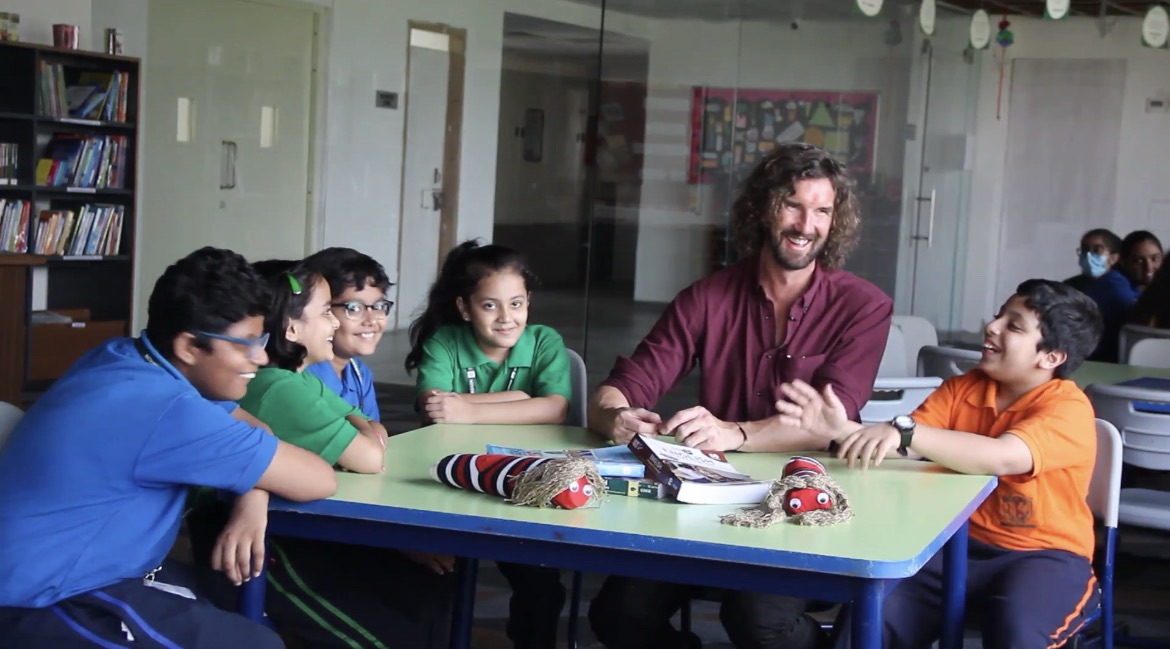
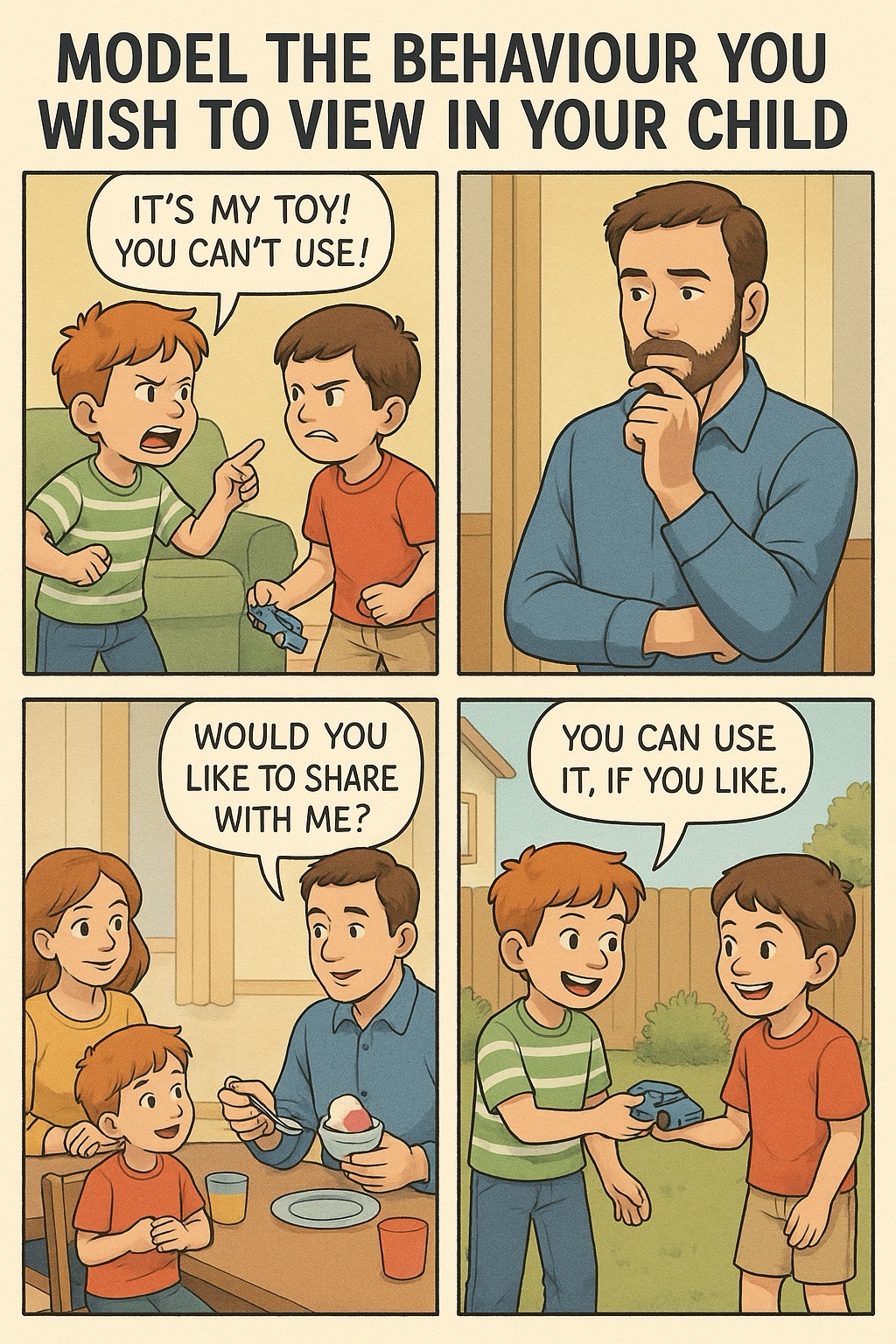
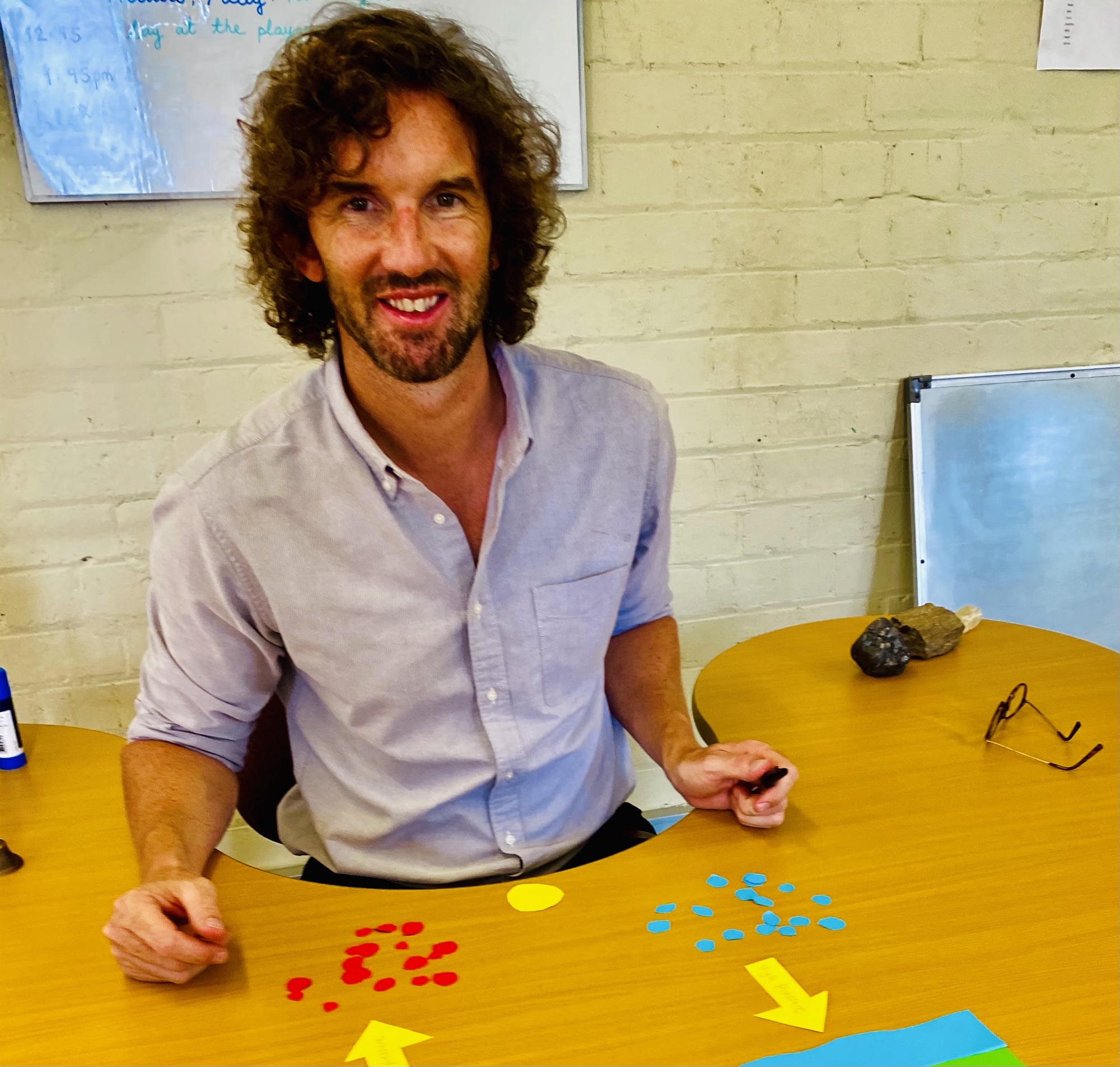


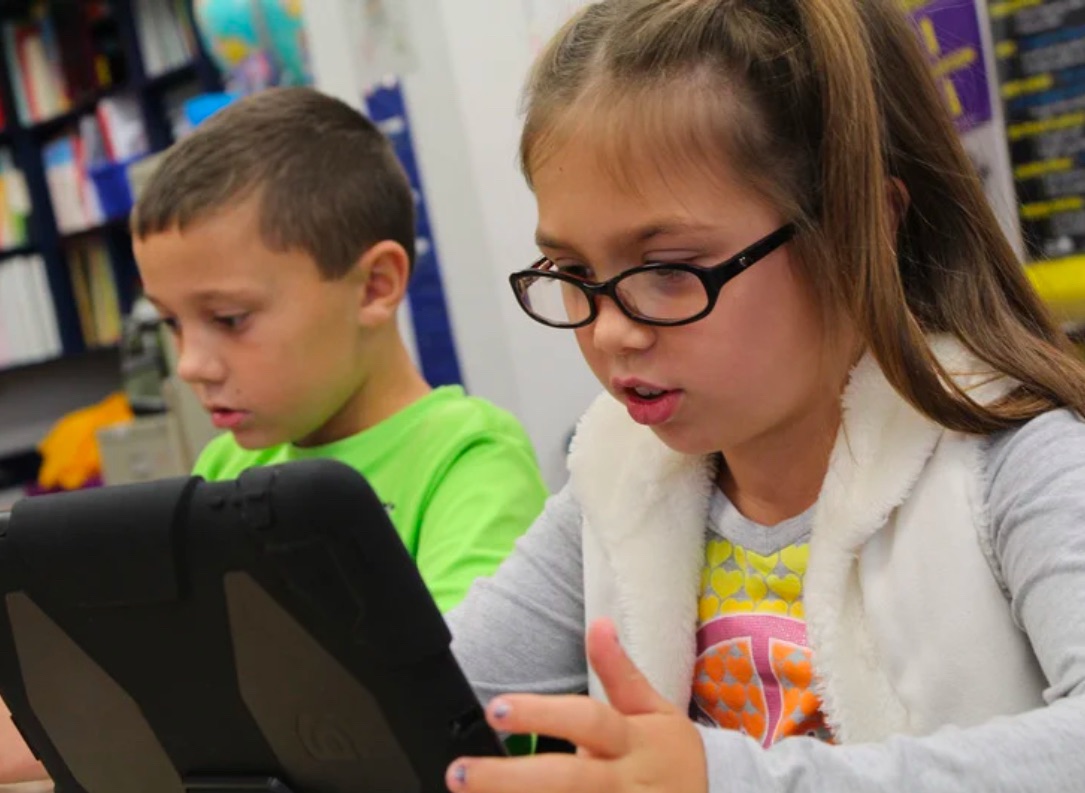
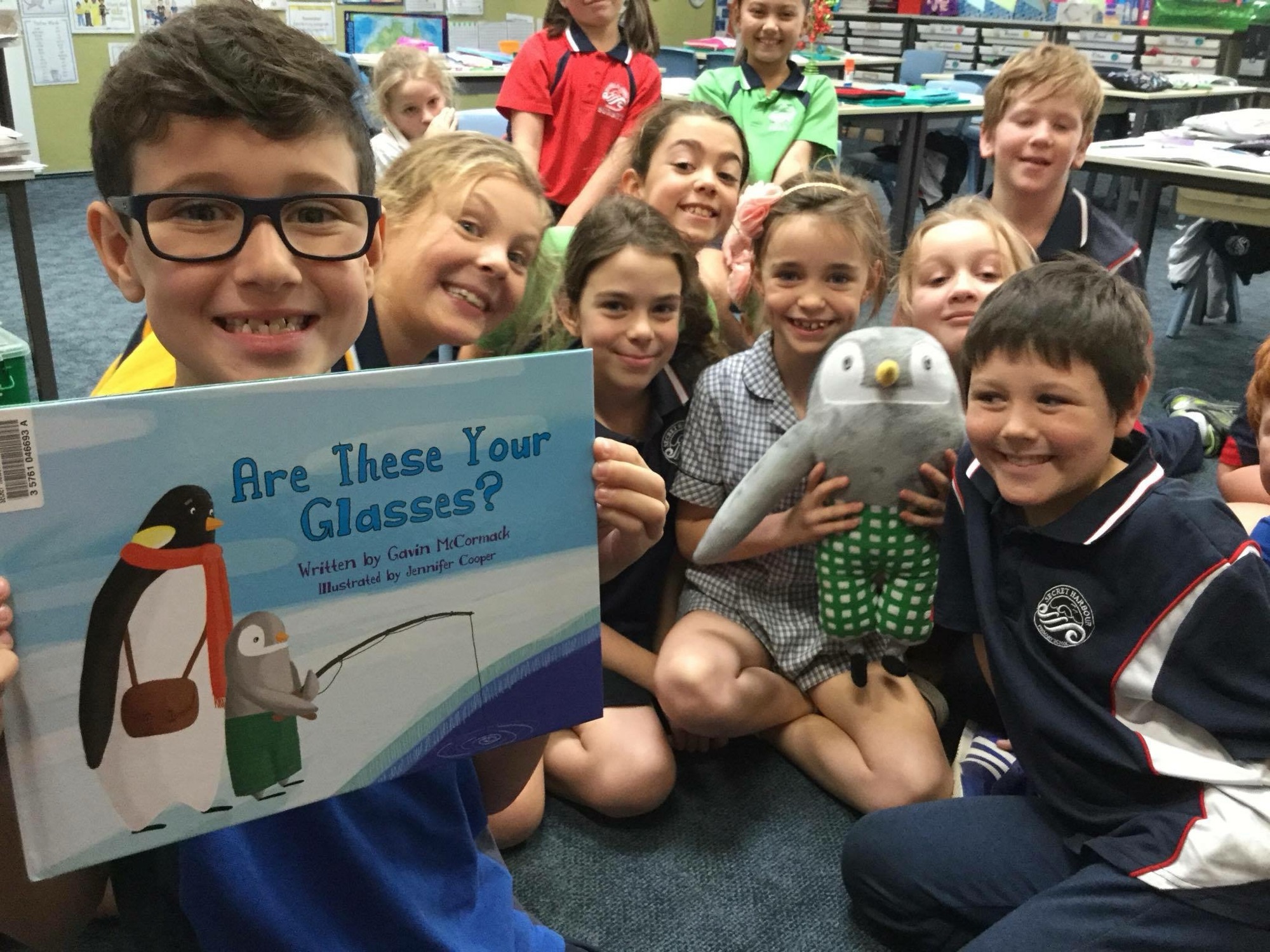
5 Responses
Very true! Thank you for practical steps to apply in my classroom
For every word you can securely hang the future of education. This is the shift needed with a few twists and turns the inspiration will flow in the direction of the future and not be anchored in the past…..
Teachers are meant to be facilitators and provide a safe and nurturing environment where all children feel comfortable to speak without being embarrassed. If we consider emotional intelligence as a fundamental building block, only academic achievement can follow.
We need to eradicate this 21st century plague of compromising Mental Health and endovour to motivate/ encourage children to regain curiosity and think for themselves!
I use PBL in my lessons and I highly recommend it!
I am happy to volunteer one hour
I am an early years educator
Hello Gavin,
I am a voice actor, an early childhood educator, and a phonics instructor.
I would be delighted to be a part of this initiative.
Regards,
Swarna Dev